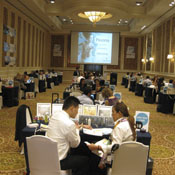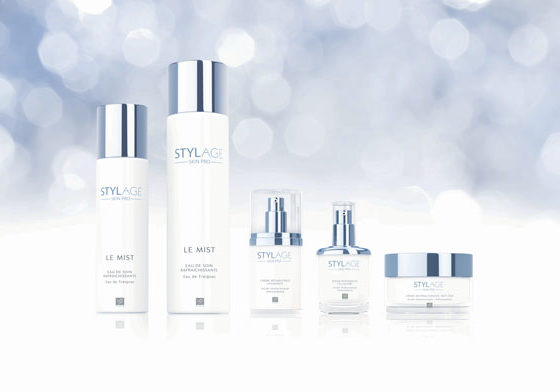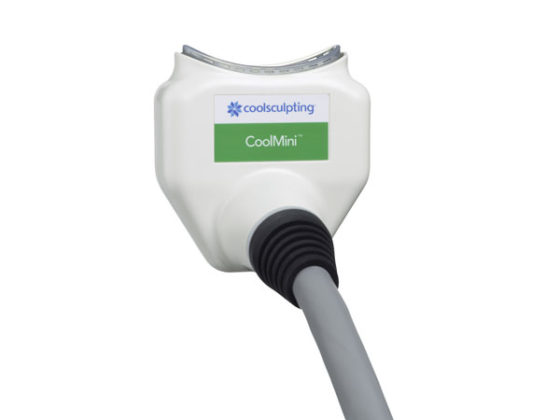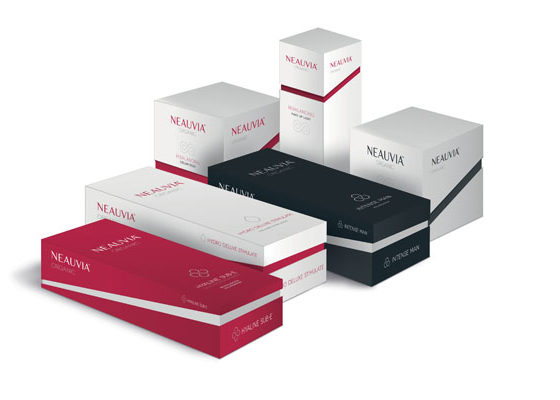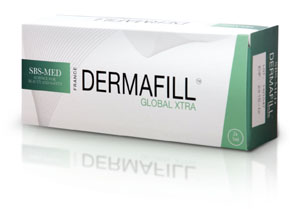By Doctor Claude Dalle
Genetic testing is gradually going to take over the field of medicine, and therefore our lives. But how reliable is it?
Everything started after the noughties with the decoding of the human genome, when researchers began to look into exactly how genes worked. This quickly gave rise to many questions, in particular regarding their reliability.
In general, these tests can be considered reliable, but this depends on the following factors:
- who carried out the test
- what type of test it is
- how the results are interpreted
Who carried out the test?
All tests are carried out by machines, robots which analyse the genes at an ever-increasing speed; what took weeks 10 years ago now only takes around 10 minutes. From this point of view, there is no possible error.
What type of test is carried out?
It is important to differentiate between DNA testing and RNA testing. We are usually dealing with a DNA test (23 pairs of chromosomes in the nucleus of each cell). Our genes are “fixed”, static, so they cannot be modified; they are innate. However, the way in which they are expressed is fundamental and can be influenced by a person’s way of life (tobacco, calories, alcohol, sport, sleep, etc.). A modified gene, or polymorphism, can thus become more or less “extinguished” or activated. Furthermore, an isolated gene is rarely responsible for an illness. Generally, a combination or group of genes (sometimes 50 or more) are needed to produce a certain characteristic. A gene is therefore part of a network, a link in a chain, and it has many different interactions.
We know that 90% of cancers are caused by the environment. So, when we propose genetic testing, we have to know exactly what we are looking for: are we sure that we know all of the genes that are linked with an illness? What are the most important genes? Are we testing the right combination of genes? Is this enough?
Can we interpret the results without making a mistake?
This is difficult to answer as we can only provide an estimation, a general idea, which can nevertheless be helpful for a patient. Given this uncertainty, it is essential to give shrewd advice alongside the results if we are to avoid causing unnecessary worry.
What can we be sure of?
In the near future, we will all possess our own genetic “passport”. Its decoding will be used in healthcare, for example, to find out what we should eat, when and what quantities; what illnesses we are at risk of developing and, above all, how we can avoid them; what medicines we can take, what dosage and for how long; what kind of sport we should do and when.
They will quickly become more and more reliable.
Their cost will also decrease rapidly, so that they are affordable for everyone.
Finally, it is clear that this rapidly-developing medical phenomenon will take over our way of life and could instil a kind of dictatorship, where insurance companies and doctors demand that people live their lives in a way that is deemed “risk-free”.
Doctor Claude Dalle
Degree in acupuncture, mesotherapy, Eriksonian hypnotherapy. Speaker at international conferences, course leader at the Faculty of Medicine in Paris. Scientific director of congresses. President of the WOSIAM (World Society for Interdisciplinary Anti-Aging Medicine). President of the European Federation for Active Aging. Member of the International Hair Research Society. Books: “Anti-Aging: the guide”, “Les traitements anti-âge” (Anti-aging treatments), “Peau et anti-âge” (Skin and anti-aging).






